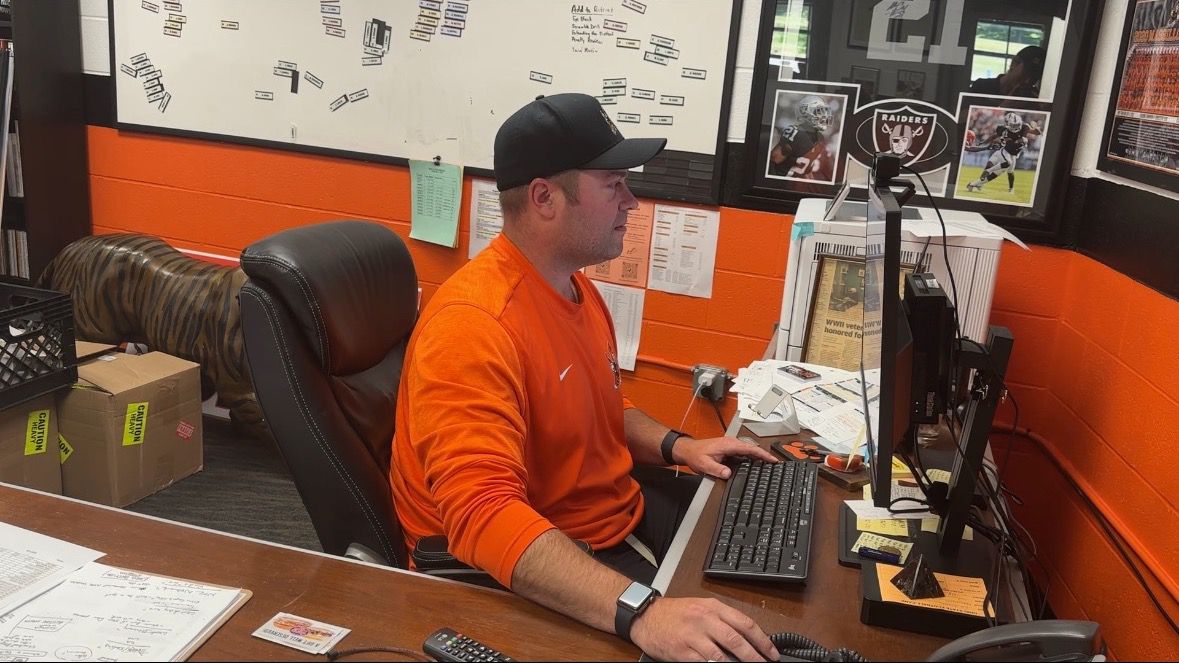Sports
Mental health training now required for Ohio high school coaches

CLEVELAND — Coaching high school sports is something Nate Moore is passionate about. He’s been a high school football coach for two decades, the last nine seasons as the head coach at Massillon.
But it was when he first got his start as an assistant, when he learned how much of an impact his head coach had on the players.
“Seeing the effect that he had on his team and his players and the positive influence he had on them and how his entire program was built about developing young men,” Moore said.
Anyone who coaches sports at Ohio public schools is required to have a pupil activity permit.
But now, after a new state law was passed last fall, there’s an additional requirement for coaches to complete; mental health training.
“I think everybody in public education probably feels like if we’re needed to do it, then we’ll do it. Everybody is here because you care about kids, you want to help kids and see them succeed,” Moore said.
But Moore said mental health training isn’t enough.
He believes its incumbent upon the coaches to make sure they use that training in a way that’s impactful.
“The fact that the powers of be want coaches to take a class so that they’re more prepared to deal with those things I think is good, I do wonder if those people are often asking the wrong questions. I think the question we should be asking is, ‘how do we better prepare our kids for life?’” Moore said.
According to the National Alliance on Mental Illness, 50% of all lifetime mental illness begins by age 14, and 75% by age 24. In a study by the National Library of Medicine, 91% of the students surveyed experienced some level of stress due to sports.
“I don’t know that we’re really getting to the root cause of anything that’s going on with young people and why there’s so much struggle with mental health,” Moore said.
The State Board of Education said the training will help supervisors and coaches recognize risk factors, signs of suicidal ideation, symptoms of common mental health disorders and learn strategies to support youth experiencing common mental health concerns.








